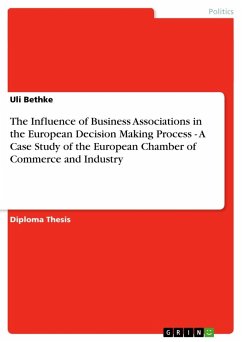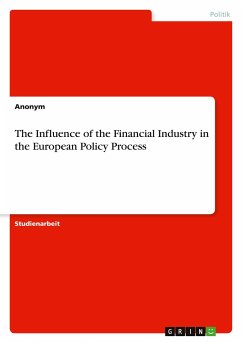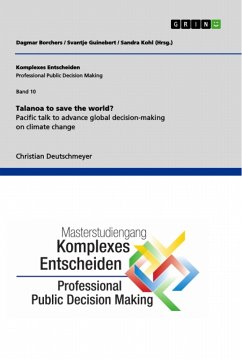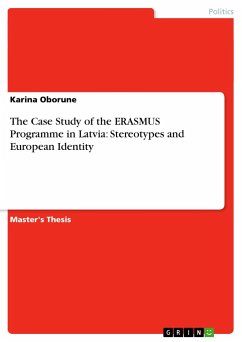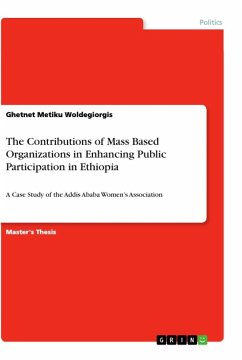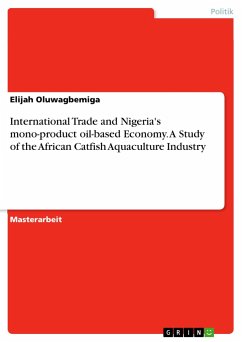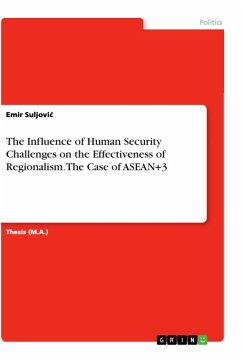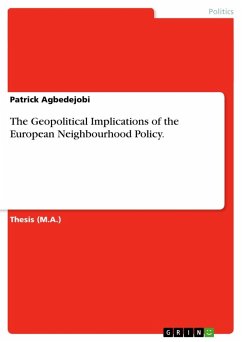Diploma Thesis from the year 2000 in the subject Politics - Topic: European Union, grade: 1.5 (A), Free University of Berlin (Otto Suhr Institute Berlin), language: English, abstract: OverviewResearch on the role of Eurogroups in general and on European business associations in particular is very rare."There has been a rapid expansion of such activities [lobbying] over the last few years. However, although this phenomenon has attracted a lot of attention, there is surprisingly little systematic research on the topic" (Andersen and Eliassen 1991). In contrast to the role of interest groups in the US legislative process comparatively little is known about their role in Brussels. Only a minority of the great many Eurogroups has been under examination by researchers so far. While the European Trade Union Confederation (ETUC) has attracted considerable attention research has neglected the European confederation of employers and industry, UNICE. Hardly any studies are available on the multitude of business associations; practically no research has been carried out on the role of consultants, law firms and multinational corporations. ObjectiveThe objective of the case study is to determine the influence EUROCHAMBRES as a business association representing SMEs has on the European decision-making process. It will provide answers to the following questions: What are business associations? What is the European decision making process? What are the criteria and factors that determine the influence of interest groups on the policy process in general and on the EU decision making process in particular? What are the indicators that tell us whether an interest organisation can meet these factors of influence? In how far does EUROCHAMBRES meet the criteria that are relevant for influence in the European decision making process?

